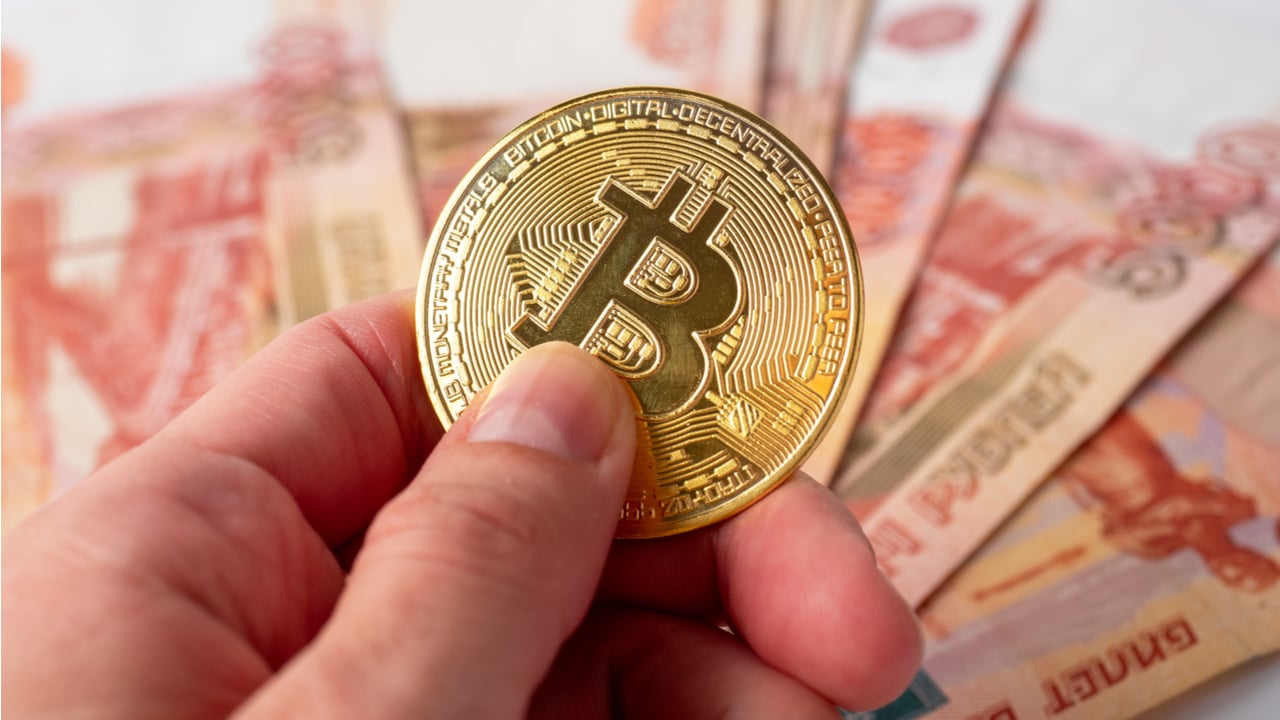
Deutsche Boerse-operated exchanges such as Eurex and Xetra continue moving into the crypto derivatives market.
Eurex, a derivatives exchange owned by German stock market operator Deutsche Boerse, has debuted cryptocurrency derivatives trading with ETC Group’s Bitcoin (BTC) exchange-traded note (ETN) futures product.
Eurex officially announced Monday the launch of the Bitcoin ETN Futures contract developed by London-based crypto derivatives issuer ETC Group.
“As the first step in our portfolio of crypto derivatives, the offering is the first regulated market in Bitcoin-related derivatives in Europe,” Eurex said.
Trusted path to #crypto: today, we launched #Bitcoin ETN #Futures. As the first step in our portfolio of #CryptoDerivatives, the offering is the first regulated market in Bitcoin-related #derivatives in Europe. Get all information and the factsheet here: https://t.co/bk55yqFssN pic.twitter.com/ADpzOCqTnm
— Eurex (@EurexGroup) September 13, 2021
The euro-denominated Bitcoin ETN Futures contract is based on ETC Group’s flagship product, centrally cleared Bitcoin exchange-traded product (ETP), known as BTCetc Physical Bitcoin (BTCE). The futures contract allows investors to track the price development of Bitcoin in a regulated environment and will be physically delivered in BTCE, which is 100% backed by Bitcoin and can be instantly converted by any investor into the underlying BTC.
ETC Group CEO Bradley Duke noted that the latest listing marks another major milestone in providing institutions with financial products that enable exposure to crypto on regulated exchanges. “The selection of BTCE by Eurex, Europe’s largest derivatives exchange, further establishes ETC Group’s leadership in the crypto ETPs and is recognition of the quality of our products and their world-beating liquidity,” he noted.
Related: Swiss Exchange SIX granted approval to launch crypto marketplace
The Bitcoin ETN Futures’ listing on Eurex comes more than a year after ETC Group listed its BTCE ETP product on Xetra, a major digital stock exchange operated by Deutsche Boerse. The ETP is now listed on multiple European exchanges, including the SIX Swiss Exchange. In July, ETC Group announced that BTCE was going carbon neutral by offsetting the carbon footprint through hand-selected carbon credits to compensate for carbon emissions associated with BTCE Bitcoin mining.











